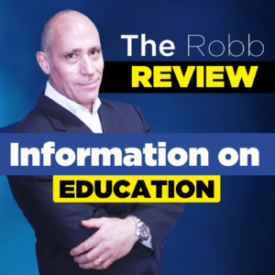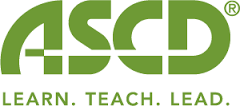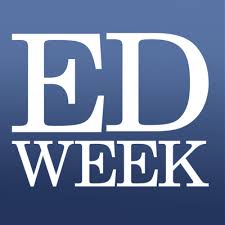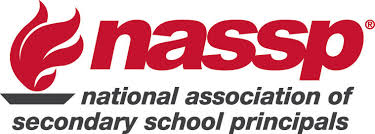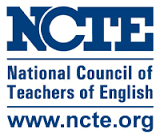
I really must have messed up during the spring when I was in 8th grade. I can recall my teacher drawing a circle on the blackboard and telling me to put my nose in the circle and to stand in the same place for ten minutes. Also, I have vivid memories of the school administrator giving me a small shovel and making me dig up dandelions for a half an hour as a punishment to a long forgotten mistake I made. Unbeknownst to me, I was experiencing consequences that were probably used over and over again, for no real reason other than it’s the way we do things.
Do things such as what I recall still happen? They very well may. My journey into administration gave me opportunities to see and help to change some practices carried out for no real reason, practices not good for students. As leaders, teachers or administrators, we need to have honest conversations to bring about positive change.
Many of the practices I am highlighting you, and I both experienced when we were in school. Some may even bring back fond memories, but this does not mean they are good for today’s students. “Disrupt the Status Quo” is my exploration of some classroom practices educators need to explore further and change.
How we grade: Grading is a challenging conversation to have. Fortunately, there is much research on best practice and how grading can inform what a student knows in comparison to the curriculum. My experience is few teachers come out of school with a deep understanding of best grading practices. To be honest, for me, when I was a teacher I graded based off my recollections on how my favorite teachers graded me. In some instances this was fine, others not so much. Use of zero’s, averaging, point systems, failure, punishment using grades are a few quick topics that come to the mind. These and other grading topics should be discussed and compared to best educational practices.
Extra Credit: Bringing a box of tissues to class is a nice thing to do, counting it as a test grade will create an inaccuracy about a student’s knowledge of the curriculum. Grades should reflect what students have mastered; they should not be influenced by extra credit. Most readers grew up with extra credit, and many parents will ask for ways to earn extra credit. But this does not mean extra credit should continue.
Notebook checks for grades: Do students need to learn how to organize for class and school? Absolutely! Notebook checks can be valuable, but they don’t need to be graded– and that’s okay. Everything a teacher assesses does not need to be recorded in a grade book. An organized notebook communicates very little about a student’s knowledge of the curriculum.
Changeover: Grading, extra credit, notebook checks are all great topics for faculty study groups. Book studies, article sharing, coupled with courageous conversations in person or online can lead to effective change. An open mind and a willingness to do what is best for students–these are the prerequisites needed to start a process towards change.
Planning is needed for teachers to do great work with their students. I am sure all readers would agree with that simple statement. However, sometimes planning can go in the wrong direction, a direction we need to question.
Two types of planning come to my mind when I question the status quo.
No planning at all: Throughout my career, I have encountered a few educators who did not plan at all; they winged it. I am sure no person can be an effective teacher if they wing it. Kids deserve better. Does this exist in your school? Is it being addressed or is it allowed?
Teachers who plan for every day a year in advance: Great teachers plan and have larger outlines of where their curriculum is going over the course of the year. But each class is different. Well designed formative assessment can serve as an indicator of which groups can move forward and which groups need reteaching. Such assessment, coupled with other types of feedback, help a teacher plan. Planning each day for the entire year makes no sense; it negates and rejects the value of using student learning to guide the planning of the teacher. This type of rigidity can be harmful and often allows a staff member to say, “ I taught it; they didn’t learn it.” Great teachers can say they taught it and provide evidence to show whether students learned it.
Changeover: Empower staff to have conversations about how they plan and assist staff to create a professional standard for what effective planning is and equally important, what it is not.
Closing Thoughts:
Sometimes we continue methods that are harmful. The punishments I received in school were harmful. Anything harmful to students should stop immediately. But some, as I have reviewed in this post may not appear that harmful, but they still need to change. Take an honest look at practices and disrupt them. Work as a team, ask hard questions, and make adjustments for the best interest of students. Be willing to let go.
Check out some of my other articles on reading at Edu@Scholastic

Or, my book, The Principal’s Leadership Sourcebook, Scholastic- Evan Robb
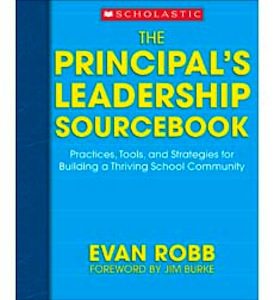
![]()







